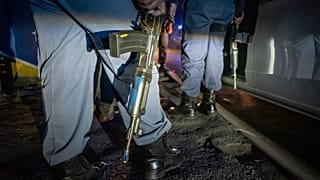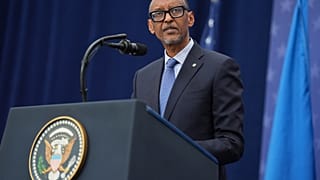Nigeria
Nigerian billionaire Aliko Dangote has warned that heavily discounted Russian petroleum products are flooding African markets, threatening the continent’s emerging refining sector.
Speaking at an oil conference in Abuja, Dangote said sanctions on Russian oil have pushed Moscow to offload fuel at steep discounts in Africa, often delivering substandard or toxic products that would be banned in the West.
“We are increasingly facing the dumping of cheap, often toxic petroleum products,” he said, urging African governments to act.
Despite launching Africa’s largest refinery outside Lagos last year, a $20 billion facility with an initial capacity of 650,000 barrels per day, Dangote says securing local crude remains a challenge. He now plans to expand the plant to 700,000 barrels per day.
He also criticized the Lomé floating oil market off the coast of Togo, where international traders store over two million barrels. He called it a major threat to domestic refineries.
Although Africa produces seven million barrels of crude daily, only 40 percent of its consumption is refined locally. Dangote’s facility has exported one million tonnes of petrol since June but faces growing competition from traders exploiting weak regulations.
He urged African nations to introduce fuel standards, tariffs, and environmental safeguards similar to those in Europe and North America.
Africa still remains a small market for Russian oil products compared to major buyers like Turkey and Brazil.
In June, Russian diesel and gasoil exports to African countries dropped 30 per cent from the previous month, totalling about 0.7 million tonnes.











01:00
Dangote invites petroleum regulator to verify output figures
01:00
China pledges to work more closely with South Africa on range of issues
01:10
Nigeria's Dangote Group considers energy partnership with Zambia
00:35
Dangote signs deal with Zimbabwe to build 2,000km-long pipeline from Namibia
00:59
Amazon to lay off some 30,000 corporate employees
Go to video
Nigerian billionaire plans expansion of Africa's biggest oil refinery